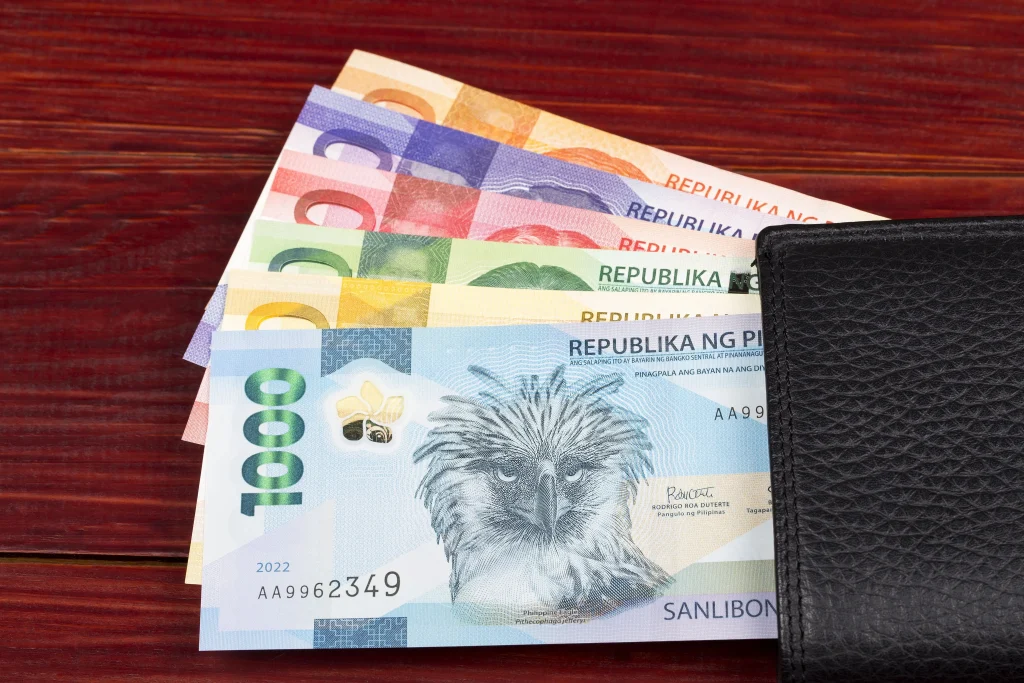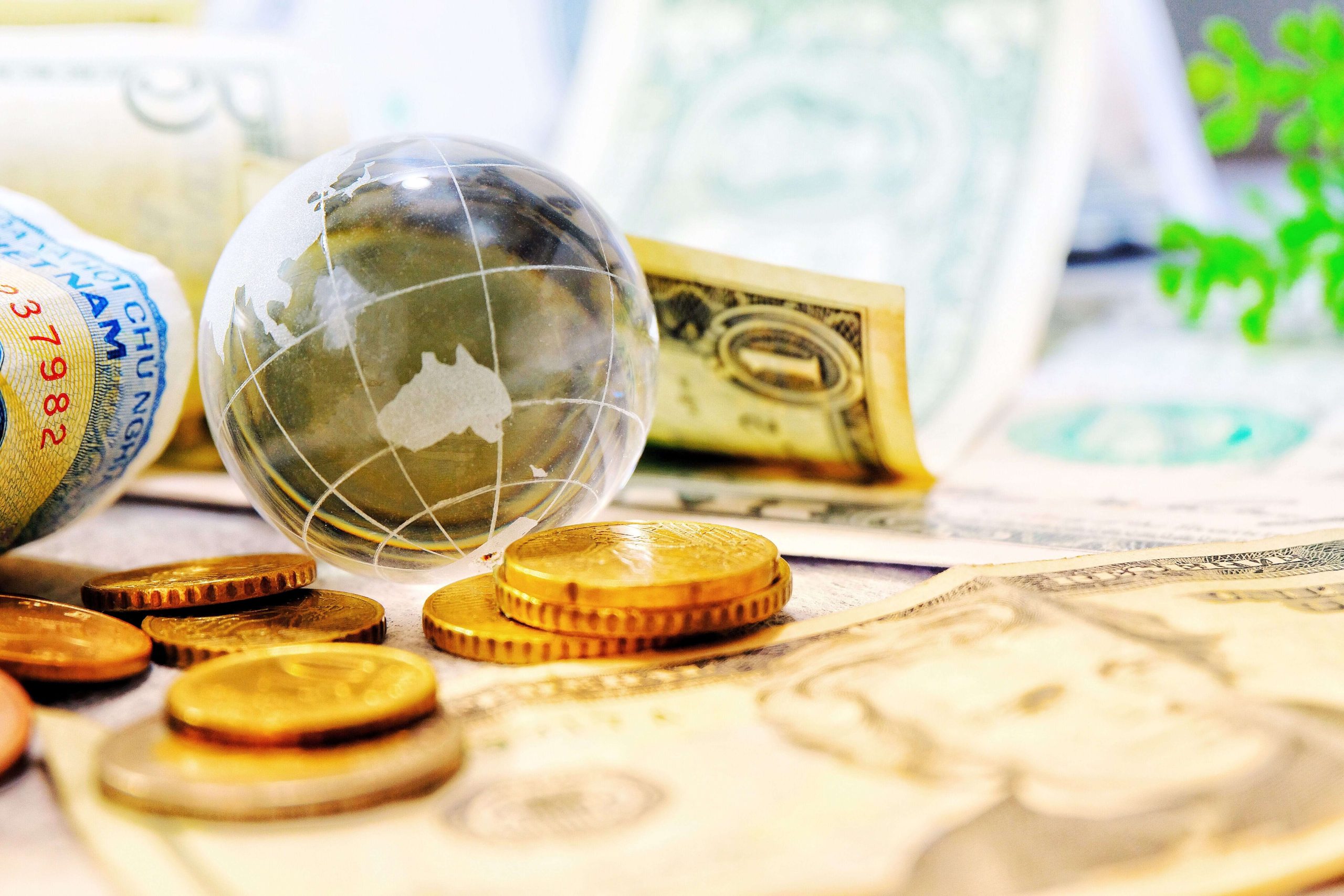The surge of foreign capital has contributed to the good uptick in the Philippine real estate market in recent years. This upsurge not only bodes well for the economy as a whole, but it also presents developers like Crown Asia with exciting opportunities. The opportunities and benefits for both investors and the local market are shown by analyzing the interactions between the real estate industry and incoming foreign capital.
The RichestPH article explores the significant influence of foreign investments on the ever-changing Philippine real estate market. Through a perceptive study, the author clarifies the critical role that foreign capital plays in propelling the robust growth that the nation’s real estate sector has been experiencing. The essay starts by examining how foreign investments might spur economic growth and then reveals the intricate relationship between these investments and the rising demand for homes and businesses. The article clarifies the complex interplay between infrastructure development and economic policy and how these elements work together to change the dynamics of the Philippine real estate market. It goes into detail about the particular benefits, such as the impact on local economies and the development of jobs, as well as the difficulties faced by developers like those in the article.
Setting the foundation for a thorough investigation, the introduction deftly teases the reader with the prospect of delving deeply into the nuances of how foreign investments influence diversification, change the terrain, and challenge preconceived notions about the Philippine real estate market. The story takes the reader on an engrossing trip as it explains the mutually beneficial relationship between foreign investments and the expanding prospects in the nation’s real estate market.
Overseas Investors Boost Philippine Stocks
According to a report by the Philippine News Agency, foreign investors contributed to the local shares’ rise on the third day of the week. At the same time, the Philippine peso declined during midweek trade.

After three straight trading days of gains, the Philippine Stock Exchange index (PSEi) increased by 58.08 points to 6,679.96 last January 24, 2024. All Shares saw a gain of 17.88 points to 3,511.44.
Claire Alviar, assistant research manager at Philstocks Financial, Inc., said that net inflows from international investors totaled PHP341.09 million.
Additionally, the optimistic forecast for remittances in the Philippines is projected to increase by 3 percent this year despite global apprehensions and enhanced market confidence.
The only losing trader for the day was the Mining and Oil counter, which dropped 87.68 points to 9,299.29.
Holding Firms saw the largest rise, rising 46.93 points, followed by Industrial, Financials, Property, and Services, which all saw increases of 31.61, 31.61, and 8.78 points, respectively.
Last January 24, 2024, the net market value turnover was PHP4.47 billion. Ninety-one companies’ shares saw increases, 86 had losses, and 65 numbers remained unchanged. The peso fell 0.14 against the US dollar in the meantime, ending the day’s exchange rate between the two currencies at 56.30 to the dollar.
It started the day at 56.30 and fluctuated between 56.20, the low, and 56.42, the high. The day’s weighted average level was 56.30 to the dollar.
Understanding Foreign Investments

It takes a comprehensive approach to comprehend foreign investments in the Philippine setting, taking into account past trends, present regulations, and potential future developments. Maintaining the country’s reputation as a desirable place to invest requires balancing the promotion of foreign capital with the resolution of related issues. The Philippines can leverage the potential of foreign capital to propel sustainable economic growth and development by implementing strategic policies and adopting a proactive attitude.
Understanding International Investments: The Filipino Viewpoint
The Philippines’ economy is significantly shaped by foreign investments, as is the case with other countries. The archipelagic nation has experienced a rise in foreign capital influx in recent years, which has greatly aided in its economic progress. Policymakers, companies, and the general public must all comprehend the dynamics of foreign investments from a Philippine perspective.
Historical Background:
Recognizing foreign investments’ ability to boost economic growth, generate employment, and promote technological improvements, the Philippines has always been receptive to receiving them. The nation has carried out some reforms over time to enhance the economic climate and increase its allure to foreign investors.
Important Industries Drawing Foreign Investments:
The Philippines has attracted international investors in several fields. Manufacturing, real estate, renewable energy, information technology, and business process outsourcing (IT-BPO), and manufacturing have all continuously drawn large amounts of foreign capital. The government’s “Build, Build, Build” initiative, which focuses on infrastructure development, has also drawn international investors looking for possibilities in the construction and allied industries.
Reforms in Policy:

The Philippine government has implemented policy reforms aiming at loosening limitations and streamlining procedures to further entice international investments. To draw in more foreign investment, corporate accessibility has increased along with investment incentives. The goal of these measures is to improve the country’s competitiveness abroad and foster an atmosphere that is more welcoming to investors.
Obstacles and Dangers:
Even though there are many advantages to international investments, it’s important to be aware of the risks and difficulties involved. Decisions made by foreign investors may be influenced by political and economic unpredictability, modifications to regulations, and shifts in the world economy. To successfully handle possible hurdles, both the government and investors need to have a thorough awareness of these elements.
Favorable Effect on Employment
The favorable effect that foreign investments have on employment is one of its main benefits. Job possibilities rise in tandem with business expansion and new venture creation, which helps to lower poverty and raise standards of life. The generation of jobs has benefited from foreign investments in the Philippines, especially in industries like manufacturing and IT-BPO.
Creating Robust Alliances:

International alliances and cooperation are also encouraged by foreign investments. When international businesses set up shop in the Philippines, they bring best practices, technology, and experience with them. The benefits of this knowledge sharing extend beyond local businesses to the Philippine economy’s increased global competitiveness.
An In-Depth Look at the Philippine Stock Market
The Philippine Stock Exchange (PSE) stands as a cornerstone of the nation’s financial landscape, offering a dynamic platform for investors seeking opportunities in one of Southeast Asia’s vibrant economies. The Philippine stock market, characterized by its diversity and resilience, plays a pivotal role in connecting investors with corporations, contributing significantly to capital formation and economic growth.
Diverse Investment Opportunities:
The Philippine stock market provides a broad spectrum of investment opportunities spanning various sectors, including finance, telecommunications, real estate, and energy. Investors, both local and international, engage in the market to diversify their portfolios and capitalize on the growth potential offered by well-established companies, often referred to as blue-chip stocks.
Market Influencers:
Influenced by a myriad of factors, the Philippine stock market is a reflection of both domestic and global dynamics. External factors, such as global economic conditions, geopolitical events, and commodity prices, contribute to the market’s volatility. Meanwhile, domestic factors, including government policies, economic indicators, and corporate performance, play a crucial role in shaping market trends and investor sentiment.
Indices and Performance:

Key market indices, prominently the Philippine Stock Exchange Index (PSEi), serve as barometers of the market’s overall health and direction. Investors and analysts closely monitor these indices to gauge the performance of the stock market. The PSEi, composed of select stocks representing various sectors, provides insights into the collective movement of the Philippine stock market.
Initiatives for Accessibility and Transparency:
The PSE has embraced technological advancements to enhance accessibility and transparency for investors. Online trading platforms have gained popularity, empowering individuals to participate in the stock market more easily. Educational initiatives and investor awareness campaigns aim to equip market participants with the knowledge needed to make informed investment decisions.
Challenges and Risk Mitigation:
While the Philippine stock market presents ample opportunities for capital growth, it also poses inherent risks. Price fluctuations, market sentiment, and unforeseen events can impact stock prices. Investors are encouraged to conduct thorough research, diversify their portfolios, and stay informed about market trends to navigate potential challenges successfully.
Conclusion:
As a vital component of the country’s economic ecosystem, the Philippine stock market continues to evolve, offering a dynamic space for investors to explore and capitalize on opportunities. Its role in capital formation, economic development, and wealth creation underscores its significance in driving the nation’s financial growth. As the market adapts to changing circumstances, fostering transparency, accessibility, and investor education remains paramount for a resilient and thriving Philippine stock market.
Unleashing Growth: The Positive Impacts of Incoming Foreign Investments on the Philippine Real Estate Market
Economic Stimulus:

Foreign investments act as a powerful catalyst for economic growth, injecting much-needed capital into the country. As international investors express confidence in the Philippine market, they bring substantial funds that stimulate economic activities. This economic buoyancy, in turn, fuels demand in the real estate Philippines, creating a robust environment for property development and investment.
Increased Demand for Residential and Commercial Spaces
The surge in foreign investments leads to an uptick in economic activities, resulting in an increased demand for both residential and commercial spaces. Businesses expanding their operations and foreign nationals seeking accommodations contribute to a growing need for real estate properties. This heightened demand translates into a flourishing real estate market, with developers responding to the needs of a dynamic and diverse clientele.
Infrastructure Development
Foreign investments often align with government initiatives aimed at improving infrastructure. The development of transportation networks, communication systems, and other key infrastructure projects enhances the overall appeal of specific locations for real estate development. As these areas witness improved connectivity, the demand for properties in these strategic locations rises, creating a positive cycle of growth and development in the real estate sector.
Job Creation and Economic Impact
One of the direct consequences of increased foreign investments is job creation. As businesses expand or new ventures emerge, job opportunities multiply. This not only reduces unemployment rates but also has a cascading effect on the real estate market. The influx of a workforce requires housing and commercial spaces, leading to a surge in real estate transactions and development.
Diversification of Real Estate Projects

The diversity of foreign investors brings a rich tapestry of preferences and needs. To meet the demands of this diverse market, real estate developers diversify their projects. This diversification is not just in terms of property types but also in design, amenities, and affordability. The real estate market has become more adaptive, offering a range of options that cater to different investor and end-user profiles.
Enhanced Global Competitiveness
Foreign investments bring with them global expertise, technologies, and best practices. This exchange of knowledge between international investors and local developers enhances the competitiveness of the Philippine real estate market on a global scale. It positions the country as an attractive destination for real estate investment, fostering a positive image that further attracts foreign capital.
Crown Asia’s Ascension: The Boons of Foreign Investments in the Philippine Real Estate Market
Crown Asia, a distinguished name in the Philippine real estate landscape, stands poised to reap the benefits of the surging wave of incoming foreign investments. As international capital flows into the country, Crown Asia finds itself in a favorable position to leverage these investments for the growth and enhancement of its real estate portfolio.
Foreign investments bring a plethora of advantages to Crown Asia, ranging from economic stimulus to increased demand for residential and commercial spaces. The influx of capital contributes to economic growth, creating a thriving environment for real estate development. As the demand for properties rises, Crown Asia can strategically position itself to meet the diverse needs of both local and international clientele.
Moreover, the alignment of foreign investments with infrastructure development enhances the appeal of specific locations, providing Crown Asia with opportunities to develop properties in strategic and burgeoning areas. This synchronized growth not only fosters job creation but also elevates Crown Asia’s projects in line with global standards.
As Crown Asia diversifies its real estate projects to cater to a broader market, the company can draw upon the global expertise brought by foreign investors, further solidifying its reputation as a reliable and innovative player in the Philippine real estate market. In essence, the inflow of foreign investments presents Crown Asia with a golden opportunity to ascend to new heights, contributing to the continued vibrancy and success of the Philippine real estate sector.


